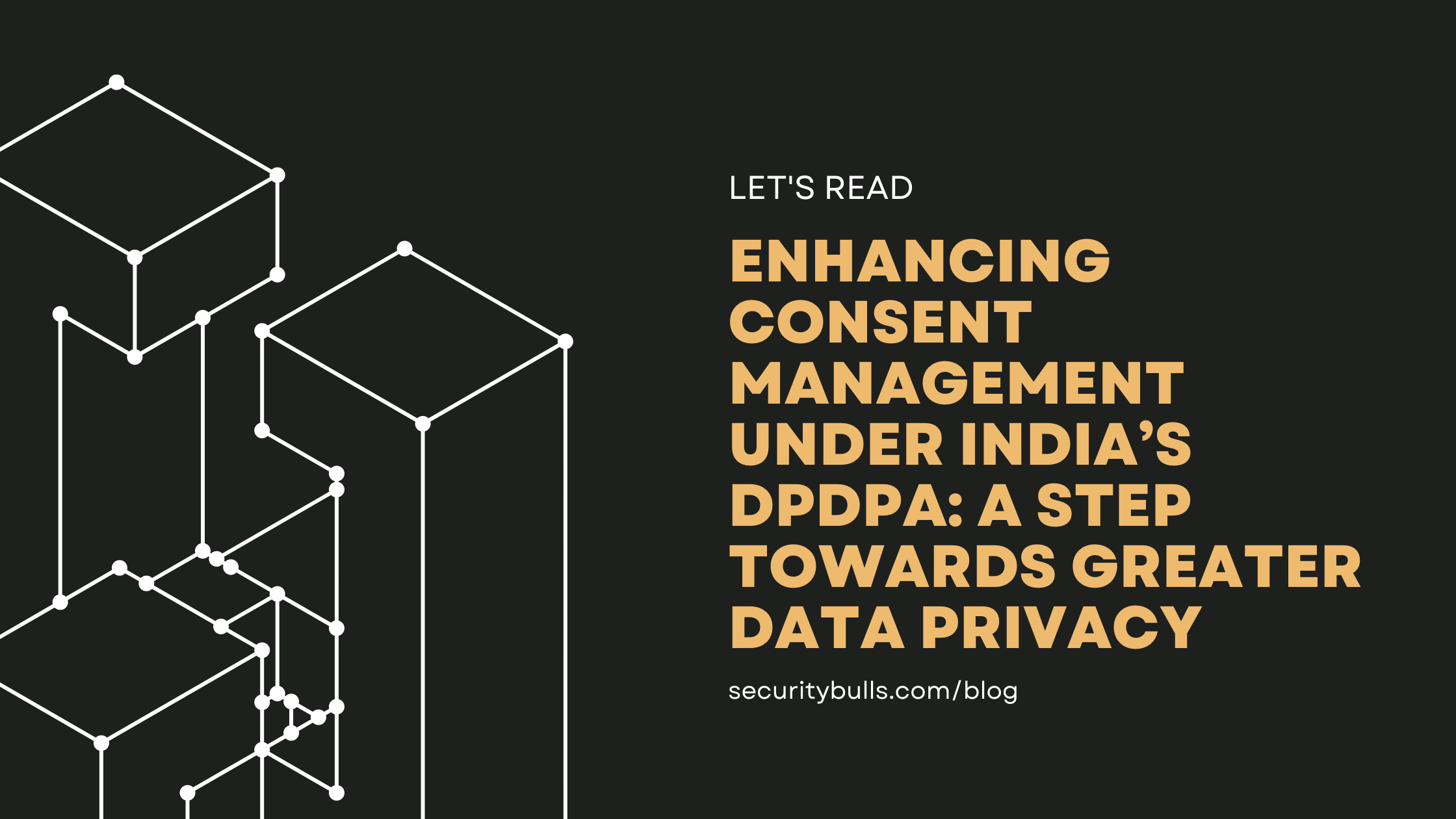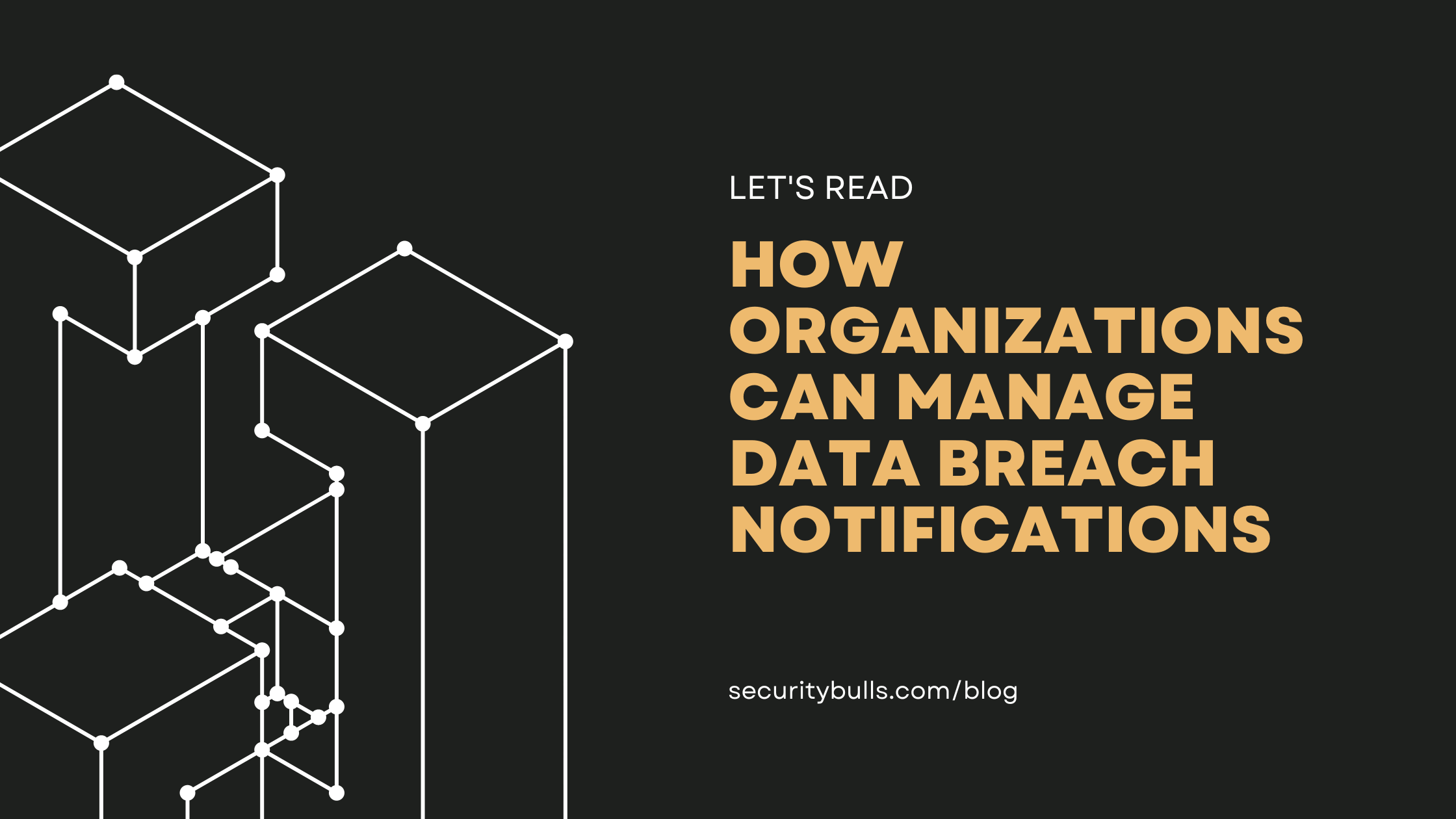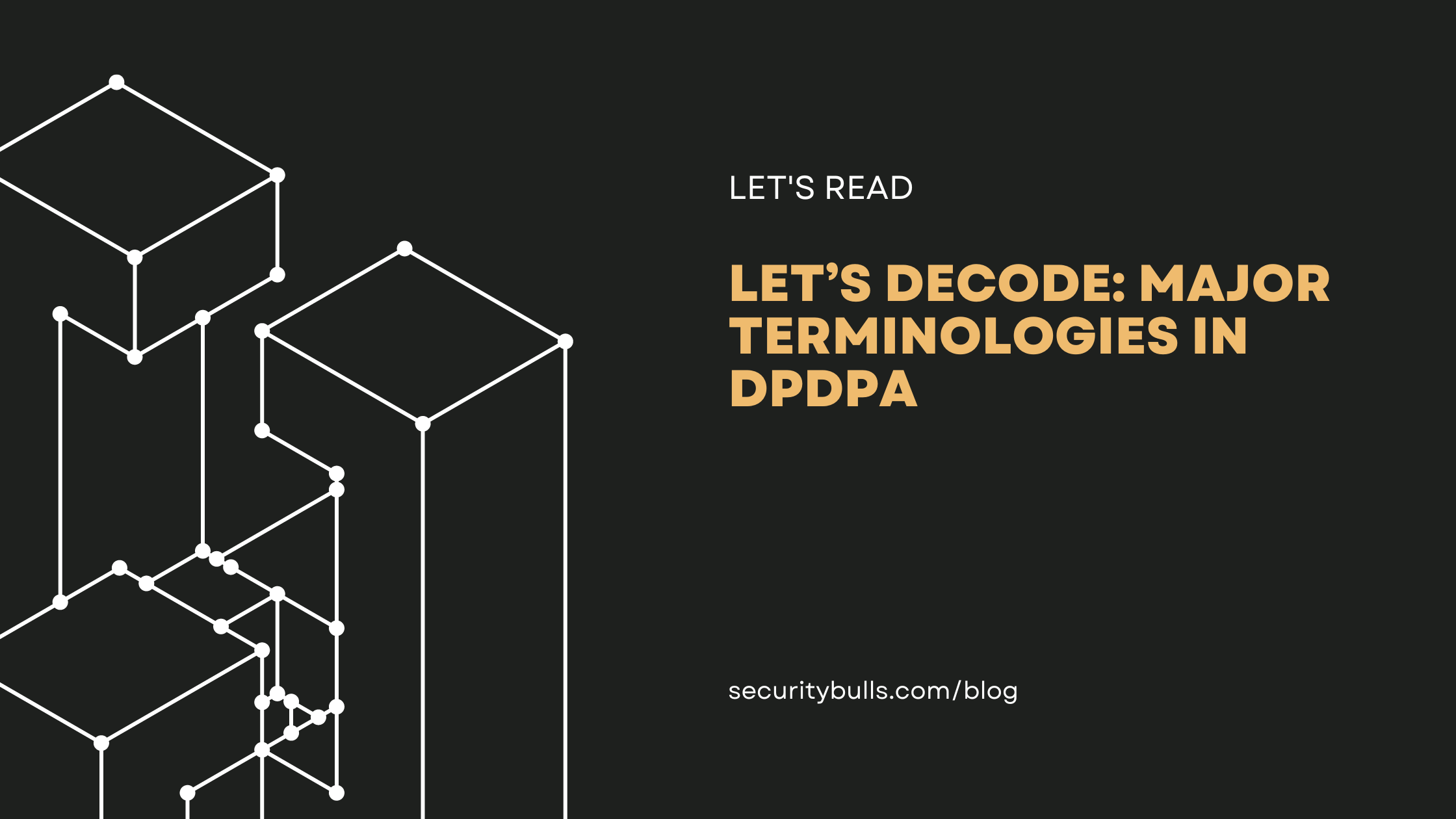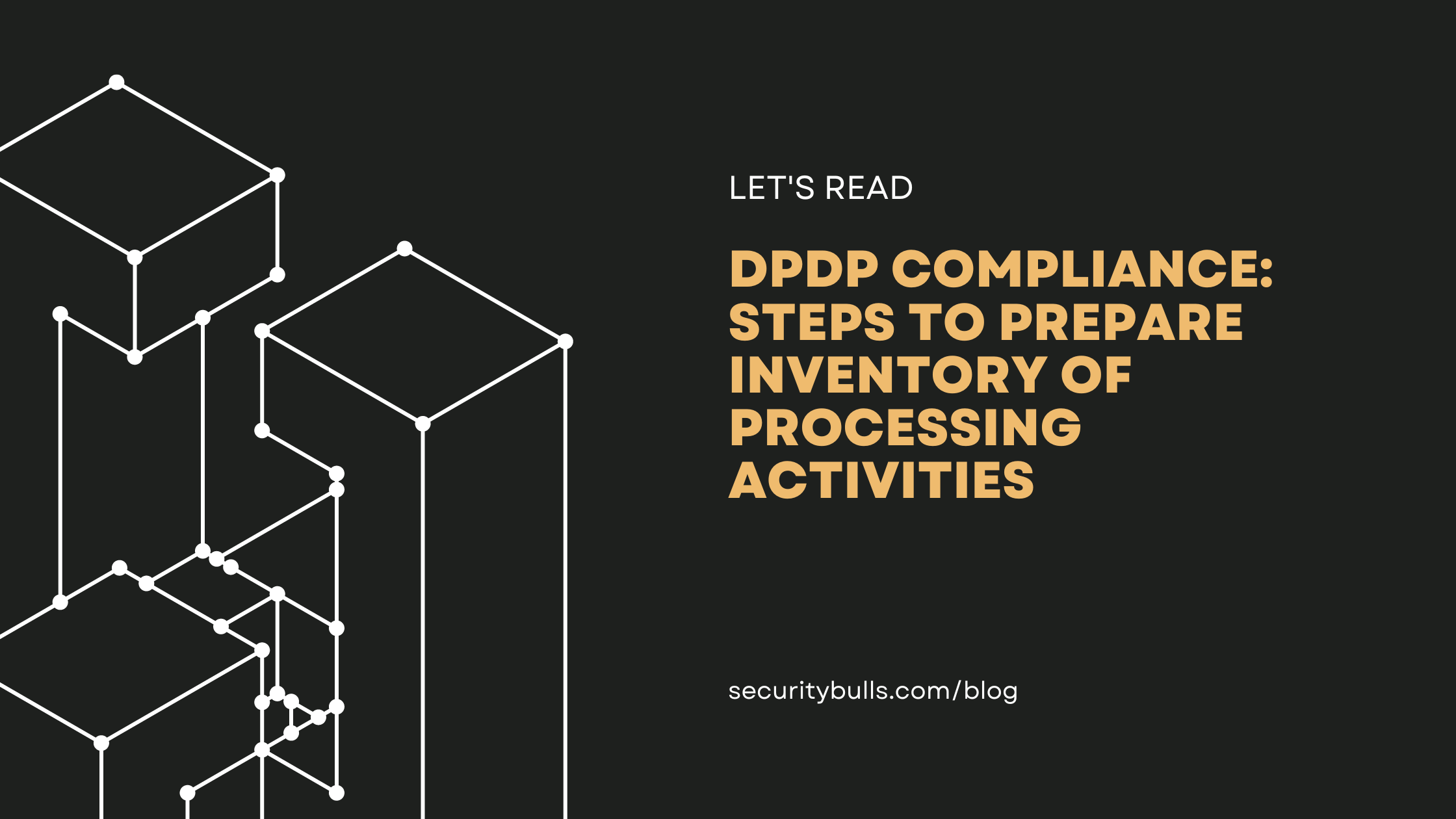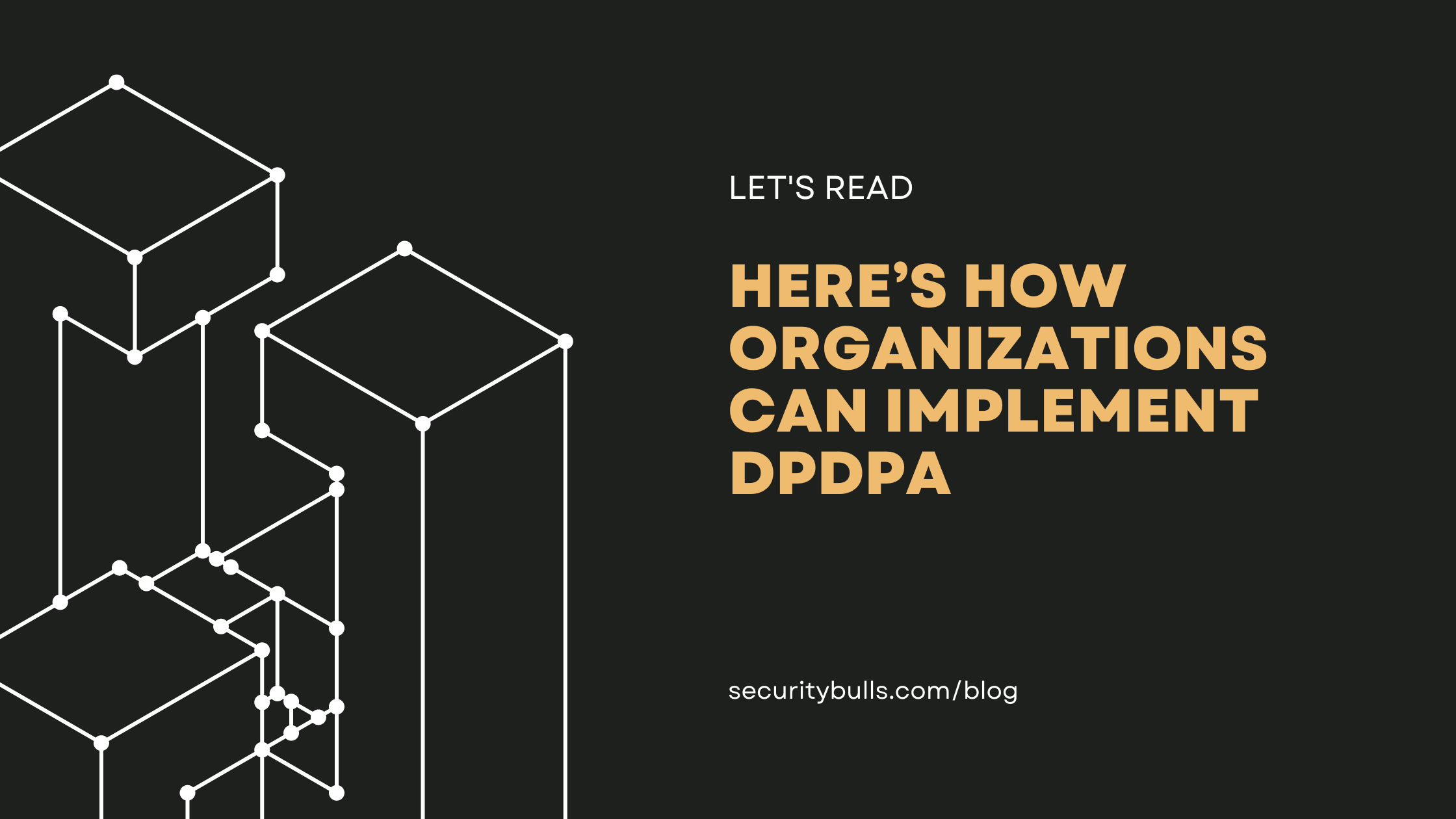The Digital Personal Data Protection Act (DPDPA) of 2023 establishes a robust framework for managing digital consent, reshaping data privacy practices in India. As internet use continues to expand across the country, the Act addresses critical privacy concerns and fosters greater control for individuals over their personal data. One of the key innovations in this legislation is the introduction of “Consent Managers,” entities designed to help individuals manage data permissions efficiently and transparently.
Understanding Consent Managers
Consent Managers, as outlined in the DPDPA, act as trusted intermediaries between individuals (Data Principals) and organizations that handle their data (Data Fiduciaries). Registered with the Data Protection Board, Consent Managers allow Data Principals to give, review, and revoke consent as needed. This setup ensures that consent is obtained with full transparency, giving individuals more control over how their personal data is collected, used, and shared.
Under the DPDPA, the role of Consent Managers extends beyond simply recording permissions. These entities must also verify that each instance of consent is clear, specific, and informed. Additionally, individuals should be able to easily withdraw consent, and Consent Managers facilitate this process through accessible digital platforms. This structure not only simplifies compliance for businesses but also helps Data Principals maintain a firm grasp on their data privacy rights.
Defining Consent Under the DPDPA
The DPDPA specifies that valid consent must be explicit, informed, and affirmative, which means that default or pre-selected permissions are not allowed. Instead, each action requiring data usage—such as account registration or personalized advertising—needs to have a distinct, affirmative consent from the Data Principal. This requirement underscores the shift towards empowering individuals with transparency and choice, ensuring they understand and control every aspect of their data use.
Benefits for Individuals and Businesses
For Data Principals, the DPDPA and Consent Managers simplify data management across multiple platforms. With a Consent Manager, individuals can view and adjust permissions for different apps or services from one place, reducing the risk of data misuse and unauthorized access.
For businesses, especially those in sectors such as e-commerce, finance, and health, working with a Consent Manager streamlines compliance with legal requirements. By having a third-party entity manage permissions, companies can focus on their core operations while ensuring they meet stringent data privacy standards, lowering both regulatory risk and the potential for data breaches.
Addressing Implementation Challenges
While Consent Managers bring many benefits, implementing this new role presents some challenges. For instance, maintaining secure, user-friendly platforms requires technical infrastructure and ongoing regulatory oversight. Additionally, the responsibilities of Consent Managers differ across industries, with frameworks like the Reserve Bank of India’s Account Aggregators also handling user permissions for financial data. Clear guidelines and collaboration will be necessary to avoid overlapping roles while ensuring that all Consent Managers operate within the DPDPA’s framework.
As India’s digital landscape continues to grow, Consent Managers are expected to become integral to the country’s data economy. Beyond individual transactions, they hold potential for broader applications, ensuring user privacy and regulatory compliance across sectors such as healthcare, finance, and e-commerce.
The Path Forward
The introduction of Consent Managers under the DPDPA represents a pivotal step forward in India’s data privacy landscape, placing individuals firmly in control of their personal data while fostering trust and transparency between Data Principals and Data Fiduciaries. As businesses adapt to these evolving standards, the ability to streamline consent management processes will be critical in building long-term customer trust and ensuring compliance.
At Securitybulls, we understand the complexities of navigating new data privacy regulations like the DPDPA. Our expertise lies in helping businesses align their data practices with these emerging frameworks, ensuring robust compliance while enabling operational efficiency. By embracing proactive consent management and secure data practices, organizations can not only meet regulatory requirements but also position themselves as leaders in a trust-driven digital economy.
As you prepare for the transformative impact of the DPDPA, Securitybulls is here to support your journey with tailored solutions that bridge the gap between compliance and innovation.
